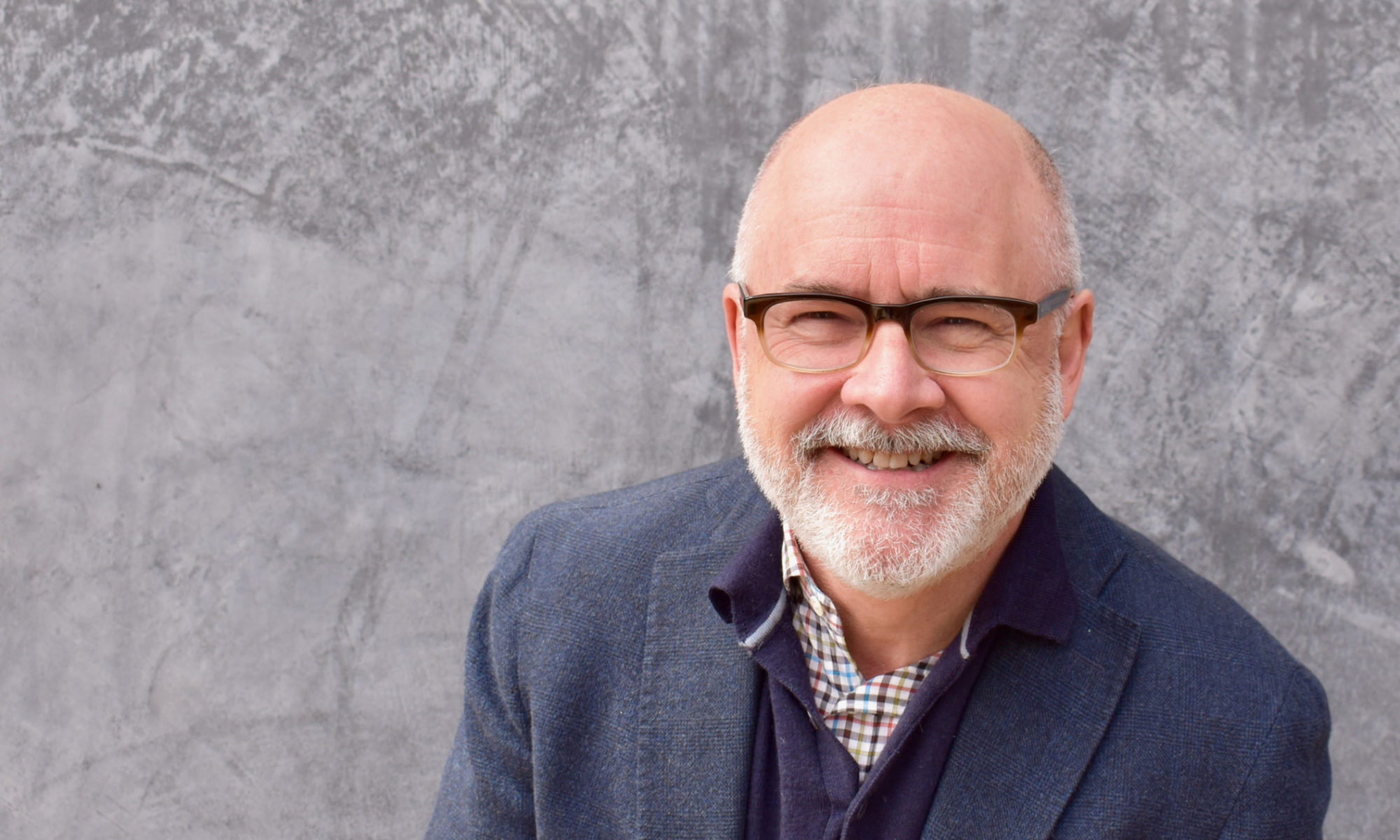Why you judge everyone negatively and hate yourself for it
Forget the Golden Rule; most of us walk around constantly judging everyone and everything around us. That uncontrollable voice has an opinion about everything. We often feel guilty wondering how we can be so shallow and “say” these things in our minds.
I know. I used to do this far more than I do today and was not proud of it. I was constantly scanning for failures of my fellow co-workers and friends, eager to find evidence of my own superiority. I felt bad about this habit and knew it couldn’t be good, but I still did it to make myself feel better about my own insecurities. I can see this all clearly now and how it got in the way of relationships and even career success. The only solace I can take now is that I was not alone. Most human beings suffer from this same ugly cycle of reactions.
There is an evolutionary reason for this. Early man was born and lived in a dangerous time. Every rock might hide a tiger. Every person might be a cannibal. Every berry might be a poison.
We look for what doesn’t fit and what doesn’t meet our lofty requirements:
- “Why is she wearing that dress?”
- “Doesn’t he know his belt doesn’t match his shoes?”
- “How can anyone stand listening to that woman laugh?”
- “Wasn’t that thing he just said a bit inappropriate?”
These inner judgments range from the petty to the actually valuable like in these examples:
- “That guy in the Toyota is driving like a crazy man. I better not pass him.”
- “This chicken smells funky. Maybe it’s better to toss it.”
- “That water looks deep, but there may be rocks underneath. I better not dive in.”
In coaching, we call the second group of examples, “blameless discernment.” There is enough that is rational and reasonable for you to listen carefully to the voice in your head. It is telling you something that might save your life or help you avoid pain.
However, in the first set of examples, lies experience that disconnects us from the things and people around us.
We as a species categorize all the time. That’s what the brain does. Everything provokes a response. Every repeated stimulus becomes a meme. By five years of age we have everything sorted out. We judge quickly and without a lot of thinking. When the sorting and naming becomes negative it is a sign that our own judge is hurting us and the people around us.
Imagine that you have a meeting today. You arrive three minutes late and almost everyone is already there. You’re actually happy when a co-worker arrives five minutes late and you’re able to say to yourself, “Jim must be pretty disorganized. He’s always late.”
Or you go to a party. Everyone is having a good time. You go to grab a beer and the only beer available is a domestic beer you haven’t had since college. You don’t have any parties of your own, but you’re amazed that someone would hold a party without buying better beer.
Or in a common situation, you curse at the driver going slowly while looking for a parking space, perhaps even honking or tailgating, only to replicate exactly the same behavior when looking for your own space just five minutes later.
The comedian George Carlin used to have a bit called “Idiots and maniacs.” His observation was that if you were behind a too-slow-moving car, the other driver was an “idiot.” If, on the other hand, someone was behind you wanting to go faster, they were an “maniac.” The name for the other person was dependent on your perspective. And of course, the “you” in the story was never either the idiot or the maniac.
When we continuously judge others, it’s because we need to counterbalance what our own judge is saying about our own dreams and failures. Everyone else sucks because our own voices really feel that we suck. In the worst version of this some of us walk around literally sickened by the humanity we see, all in an attempt to keep the inner critic from pointing the spotlight on our own faults. Can you imagine the sad, lonely life of the person unable to positively interact with a human being for fear of letting the critic change its target?
Luckily, there is a cure.
The cure is empathy.
It starts with empathy for yourself. If, through therapy or coaching, you can find acceptance and love for yourself with all your torments and frailties, you can stop the constant judging of others.
When I lead my Positive Intelligence groups, we learn first how to be aware of the Judge. While we all have this judging presence some of us live with it constantly chattering the background with very little distinction between what is “me” versus what is the Judge voice. It helps to name it and learn how to recognize it. The Judge is not you, but it is inside you.
Once we quickly train ourselves to be aware of that voice, the kinder, gentler process of forgiveness can begin. We learn practical ways to stop the Judge from overwhelming us with self-criticism and go back to its evolutionary role of protecting us from real physical or emotional danger.
If you’re curious about how Positive Intelligence coaching might help you and advance your projects, schedule a 30 minute discovery session (no charge). If you follow the steps in the program, I guarantee you will have a fundamental change in your perspective or I will happily refund your investment. I offer traditional coaching sessions as well and you can book a discovery session (no charge) at that same link.

